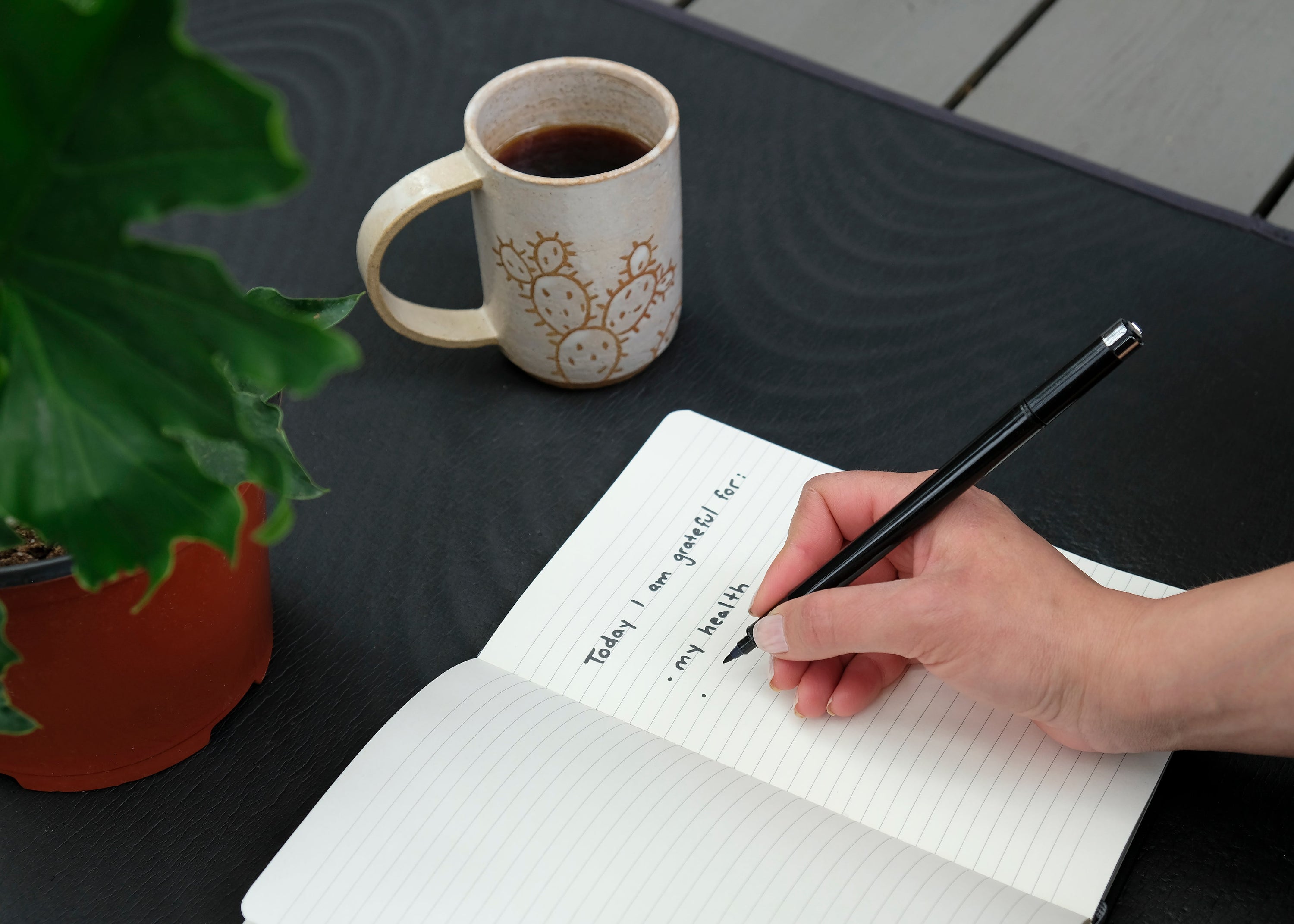
Coffee and Mental Health - The Perks and Pitfalls of Your Daily Brew
by Coffee Analytica Team
·
Coffee is more than just a morning ritual - it’s a global phenomenon with deep cultural, social, and psychological significance. For many, a cup of coffee provides a sense of comfort and routine, acting as a moment of respite in a busy day. But what role does coffee play in mental health? Does it enhance mood and focus, or could it contribute to anxiety and stress?
In this blog, we’ll explore the complex relationship between coffee and mental health, supported by scientific studies, expert insights, and practical tips for mindful consumption.
The Mental Perks of Coffee
-
Boosts Alertness and Cognitive Performance
- Coffee’s main active ingredient, caffeine, is a natural stimulant that enhances focus, memory, and overall cognitive performance.
- Studies show that caffeine can improve reaction time and problem-solving skills, making it an ideal companion for mentally demanding tasks.
- Stat: According to a study published in Psychopharmacology, moderate caffeine intake can enhance mental alertness by up to 30%.
-
Elevates Mood
- Caffeine stimulates the release of dopamine, often referred to as the "feel-good" neurotransmitter.
- This boost can create a sense of pleasure and even mild euphoria, helping combat feelings of fatigue or low mood.
- Fact: Research in the Archives of Internal Medicine found that women who drank 2-3 cups of coffee daily had a 15% lower risk of depression compared to non-drinkers.
-
A Social Catalyst
- Coffee culture fosters social interactions, whether through café meetups, office coffee breaks, or virtual coffee chats.
- Social connections are strongly linked to improved mental health and reduced stress.
The Potential Pitfalls
-
Anxiety and Stress
- High caffeine intake can lead to jitteriness, restlessness, and increased heart rate, exacerbating symptoms of anxiety.
- Overconsumption may elevate cortisol, the body’s stress hormone, potentially making stressful situations feel more overwhelming.
- Stat: The Journal of Psychosomatic Research notes that consuming more than 400 mg of caffeine daily (approximately 4 cups of coffee) can significantly increase anxiety symptoms in sensitive individuals.
-
Sleep Disruption
- Coffee’s stimulating effects can interfere with the natural sleep cycle, particularly when consumed late in the day.
- Poor sleep quality is directly linked to mood disorders, including depression and anxiety.
- Tip: Avoid drinking coffee after 2 p.m. to minimize sleep disruptions.
-
Dependence and Withdrawal
- Regular coffee drinkers may develop a tolerance to caffeine, requiring higher doses to achieve the same effects.
- Abruptly cutting back can lead to withdrawal symptoms, such as headaches, fatigue, and irritability, temporarily impacting mental health.
Coffee and Mental Health Conditions
-
Depression
- Moderate coffee consumption has been associated with a lower risk of depression, possibly due to its mood-enhancing effects.
- However, excessive consumption or dependency can have the opposite effect, contributing to fatigue and irritability.
-
Anxiety Disorders
- While coffee can enhance focus and alertness, those with anxiety disorders should consume it mindfully, as it can exacerbate symptoms.
- Decaffeinated coffee or alternative beverages, like herbal teas, may provide a better option.
-
ADHD
- For individuals with Attention Deficit Hyperactivity Disorder (ADHD), caffeine may offer some benefits, acting as a mild stimulant to improve focus. However, it’s not a substitute for medical treatment or prescribed medications.
Tips for Mindful Coffee Consumption
-
Know Your Limits
- The FDA recommends consuming no more than 400 mg of caffeine daily, roughly equivalent to 4 cups of coffee.
-
Choose Timing Wisely
- Align your coffee intake with your body’s natural energy rhythms. Early morning or early afternoon is ideal for most people.
-
Listen to Your Body
- Pay attention to how coffee affects your mood, focus, and sleep. Adjust your consumption accordingly.
-
Opt for Quality
- High-quality coffee with minimal additives is less likely to cause adverse effects compared to overly sweetened or highly processed coffee drinks.
Final Thoughts: Finding Your Balance
Coffee’s impact on mental health is as nuanced as the drink itself. While it offers undeniable perks, including enhanced focus, mood elevation, and social connection, it’s essential to consume it mindfully to avoid potential pitfalls like anxiety, sleep disruption, and dependency.
Understanding your own tolerance, mental health needs, and lifestyle can help you strike the perfect balance between enjoying coffee and maintaining mental well-being. Whether you savour your brew for its energy boost or its comforting routine, coffee can be a valuable part of a healthy, happy life when consumed with care.